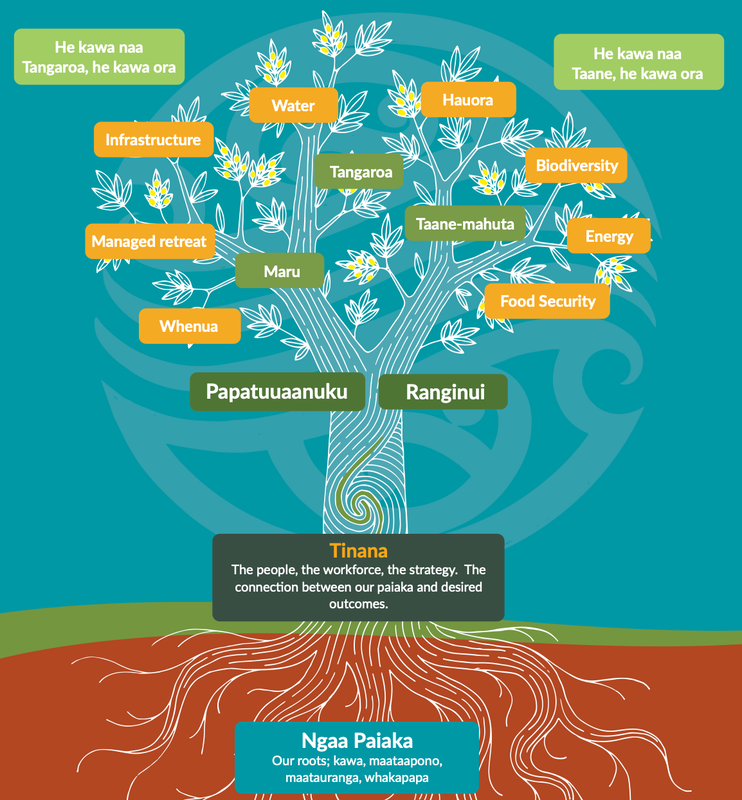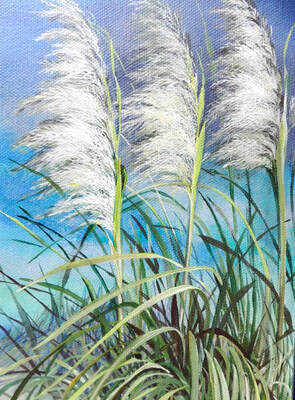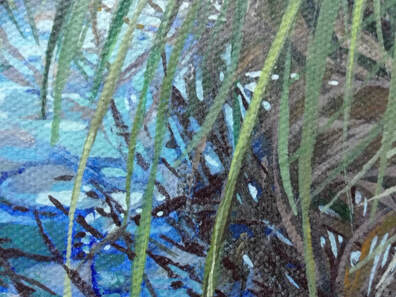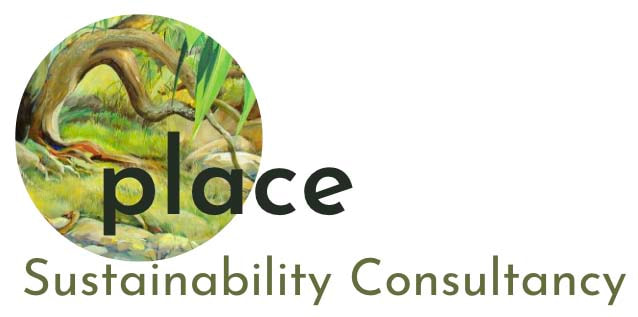Māori
Bicultural partnership is a vital component of environmental responsibility in Aotearoa New Zealand, and especially relevant to organisations providing social services and community development. The Place approach seeks points of connection between ecological and bicultural values in order to uphold Te Ao Māori and nurture cultural diversity in both word and action.
Sustainability in Te Reo
Click HERE for an introduction to Te Reo words everyone should know about caring for the environment.
Powerful and highly recommended reading:
He huringa āhuarangi, he huringa ao: a changing climate, a changing world
Report from Manaaki Whenua – Landcare Research and Ngā Pae o te Māramatanga
The report details the massive risks to Māori land, health and culture of climate change, and argues that:
"intergenerational approaches to future climate planning and policy will become increasingly important, elevating political discussions about conceptions of diversity that recognise non-human entities with rights in law, and challenging the way people manage, relate to, use, and value the natural world and its resources." (p.45)
He huringa āhuarangi, he huringa ao: a changing climate, a changing world
Report from Manaaki Whenua – Landcare Research and Ngā Pae o te Māramatanga
The report details the massive risks to Māori land, health and culture of climate change, and argues that:
"intergenerational approaches to future climate planning and policy will become increasingly important, elevating political discussions about conceptions of diversity that recognise non-human entities with rights in law, and challenging the way people manage, relate to, use, and value the natural world and its resources." (p.45)
|
A beautiful example of Te Ao Māori responding to climate change:
KA MATE KAAINGA TAHI, KA ORA KAAINGA RUA: The Ngaa Rauru Kiitahi Climate Change Strategy This explains Māori spiritual and world-view foundations for relating to the natural world and addressing climate change. Note: the Ngaa Rauru iwi is based north of Whanganui. |

Climate change through a Māori lens
Could weaving together mātauranga Māori (Māori knowledge) with science help communities in Aotearoa face climate change? An interview with Dr Daniel Hikuroa.
on mas, July 2022. (Medical Assurance Society)
Could weaving together mātauranga Māori (Māori knowledge) with science help communities in Aotearoa face climate change? An interview with Dr Daniel Hikuroa.
on mas, July 2022. (Medical Assurance Society)
Comment ...
"From an environmental and spiritual perspective, Māori see the world as a unified whole, where all elements including tangata whenua, are connected. Emphasis is placed on maintaining the balance of cultural and spiritual values in the environment while using resources for commercial or social purposes. The changes brought on by a warming climate caused by human interference directly affect this balance."
Maria Bargh et. al. 'Fostering sustainable tribal economies in a time of climate change', NZ Geographer, 70 (2014).
Maria Bargh et. al. 'Fostering sustainable tribal economies in a time of climate change', NZ Geographer, 70 (2014).
|
"The Framework of the Treaty of Waitangi": Comment by Silvia Purdie
The Treaty is the framework of our place. It is the waha roa, the gateway into this place for those of us whose tipuna came within the last 180 years. It is the negotiated space of relationship, affection and battles that makes us who we are as kiwis. It is the marker post of land and the bedrock of river. Four kupu form a tense and complex square dance: 'rangatiratanga', 'possession', 'kawanatanga' and 'sovereignty'. They tangle and push against each other, never resolved. At the centre is the land, this land, Aotearoa. As we consider our impacts on this land, for both good or ill, we are accompanied by Te Tiriti, and enter into its difficult dance. My discussion of Māori environmental values from a Pakeha Christian point of view is here |
Aroha and Hauora: Comment by Henare Kani
Presentation to Te Ipu Taiao, The Climate Crucible, Conference of the NZ Association of Psychotherapists, March 2021
Intergenerational trauma has been the result of colonisation. But, 'Tihei Mauri Ora!' renewal, regrowth. We can regenerate. We can regrow. We can renew; the harakeke bringing new life. Our tupuna cause us to remember them. Our environment and the cloak of aroha, that just seems to show us and strengthen us, so that we can heal the foundations of our society. Healing a society needs work.
Putaketake, the foundational basis of our patterns, giving a deeper meaning of life, inclusive of all living things. So my foundation and my roots are the same as the tree, are the same as every organism within the whenua, that creates bacteria, that creates life. It is working in harmony, knowing how we can do that.
'Utua te kino ki te pai': a phrase that says, push the negative to one side to allow light and positive energy to become part of my hauora. The more negative that's removed the more light and hauora that comes in. So too with the land.
Presentation to Te Ipu Taiao, The Climate Crucible, Conference of the NZ Association of Psychotherapists, March 2021
Intergenerational trauma has been the result of colonisation. But, 'Tihei Mauri Ora!' renewal, regrowth. We can regenerate. We can regrow. We can renew; the harakeke bringing new life. Our tupuna cause us to remember them. Our environment and the cloak of aroha, that just seems to show us and strengthen us, so that we can heal the foundations of our society. Healing a society needs work.
Putaketake, the foundational basis of our patterns, giving a deeper meaning of life, inclusive of all living things. So my foundation and my roots are the same as the tree, are the same as every organism within the whenua, that creates bacteria, that creates life. It is working in harmony, knowing how we can do that.
'Utua te kino ki te pai': a phrase that says, push the negative to one side to allow light and positive energy to become part of my hauora. The more negative that's removed the more light and hauora that comes in. So too with the land.
"Interdependence": Comment by Patricia and Waiariki Grace
Earth, Sea, Sky: Images and Maori Proverbs from the Natural World of Aotearoa New Zealand, 2003, p.7
In the Māori tradition people are part of the universe, there being an interdependence among all life forms and all aspects of the physical and spiritual worlds. It is through care of, and respect for, the lands, waters and atmosphere that our physical and spiritual sustenance and survival is assured. Therefore there is a need for harmony with nature rather than attempt to conquer and rule it.
Earth, Sea, Sky: Images and Maori Proverbs from the Natural World of Aotearoa New Zealand, 2003, p.7
In the Māori tradition people are part of the universe, there being an interdependence among all life forms and all aspects of the physical and spiritual worlds. It is through care of, and respect for, the lands, waters and atmosphere that our physical and spiritual sustenance and survival is assured. Therefore there is a need for harmony with nature rather than attempt to conquer and rule it.
"Climate change will exaccerbate existing stresses, difficulties and disparities already faced by Māori. If approaches to climate change are driven by dominant western institutional ideas and constructs, this will further displace Māori and reinforce systemic inequalities and inequities."
Jacqueline Paul, 'Climate Justice is Indigenous Justice', in Living with the Climate Crisis: Voices from Aotearoa (Tom Doig, ed., BWB Texts, 2020) p.112
Jacqueline Paul, 'Climate Justice is Indigenous Justice', in Living with the Climate Crisis: Voices from Aotearoa (Tom Doig, ed., BWB Texts, 2020) p.112
Climate impacts on Māori health in Aotearoa New Zealand
Lynsey Marie Ellis, 'Sustainable Social Work: a response to the climate emergency from social work education and practice in Aotearoa, New Zealand.' PhD thesis, Massey University, New Zealand, 2020, p30
The impacts of climate change are especially pertinent to Māori health. Māori are over represented in health statistics (Bennett et al., 2014; Durie, 2006; King et al., 2010; NZCPHM, 2014), as a result Māori are immediately more vulnerable to health impacts such as infectious disease, chronic conditions e.g. cardiovascular illness and mental illness (Bennett et al., 2014). On the social continuum, impacts from food insecurity, job losses through economic reduction and housing availability in areas such as the Auckland region (Bennett et al., 2014) are anticipated. Māori are also exposed to some of the primary physical impacts of the climate emergency, for example, impacts of diminishing fish stocks and kaimoana (seafood) resulting from temperature rise. Māori are more likely to work outdoors, which, with temperature rise will expose people to extreme weather and difficult working conditions (King et al., 2010).
It is important to note that while focusing on Māori particularly, these impacts also apply to Pacific people and other groups in Aotearoa exposed to inequities because of their socio-economic status.
Colonisation has brought practices on the land which have favoured profit over Kaitiakitanga, Māori land has been taken, polluted, exploited and abused by Pākehā (Europeans) for economic gain, causing further damage to Māori physical spiritual, emotional and mental wellbeing (Selby et al., 2010). Due to this deep cultural relationship with the environment, Māori are at great risk from the climate emergency (NZCPHM, 2013) (p32)
Lynsey Marie Ellis, 'Sustainable Social Work: a response to the climate emergency from social work education and practice in Aotearoa, New Zealand.' PhD thesis, Massey University, New Zealand, 2020, p30
The impacts of climate change are especially pertinent to Māori health. Māori are over represented in health statistics (Bennett et al., 2014; Durie, 2006; King et al., 2010; NZCPHM, 2014), as a result Māori are immediately more vulnerable to health impacts such as infectious disease, chronic conditions e.g. cardiovascular illness and mental illness (Bennett et al., 2014). On the social continuum, impacts from food insecurity, job losses through economic reduction and housing availability in areas such as the Auckland region (Bennett et al., 2014) are anticipated. Māori are also exposed to some of the primary physical impacts of the climate emergency, for example, impacts of diminishing fish stocks and kaimoana (seafood) resulting from temperature rise. Māori are more likely to work outdoors, which, with temperature rise will expose people to extreme weather and difficult working conditions (King et al., 2010).
It is important to note that while focusing on Māori particularly, these impacts also apply to Pacific people and other groups in Aotearoa exposed to inequities because of their socio-economic status.
Colonisation has brought practices on the land which have favoured profit over Kaitiakitanga, Māori land has been taken, polluted, exploited and abused by Pākehā (Europeans) for economic gain, causing further damage to Māori physical spiritual, emotional and mental wellbeing (Selby et al., 2010). Due to this deep cultural relationship with the environment, Māori are at great risk from the climate emergency (NZCPHM, 2013) (p32)




